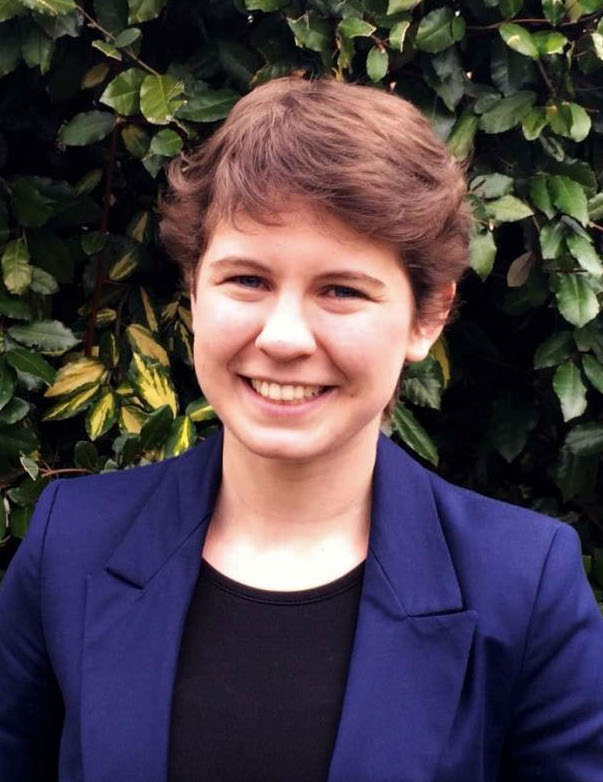Directing groups have become pivotal in controlling the stereo- and regiochemistry of transition metal catalysed C–H activation and olefin difunctionalisation reactions. Regiocontrol in these reactions is generally achieved through formation of a stable, five-membered palladacycle. However, the less stable 6‑membered palladacycles can be accessed in Pd(II)-catalysed alkene functionalisation through the use of pincer-like tridentate directing groups that suppress competing β-hydride elimination, enabling regiodivergent functionalisation strategies based on the choice of directing group.
Biography:

Miriam O’Duill received her D.Phil. in Organic Chemistry from the University of Oxford in 2016, where she carried out research on late-stage fluorination with Prof. Véronique Gouverneur. She spent two years as a DAAD postdoctoral fellow at the Scripps Research Institute, La Jolla, investigating selective catalytic functionalization of alkenes and alkynes with Prof. Keary M. Engle. In 2018, Miriam began her independent career at NUI Galway, before accepting a position as Assistant Professor at the University of Nottingham in 2020. Her research interests include late-stage functionalization and transition-metal catalysis.
Watch a recording of the presentation below:




